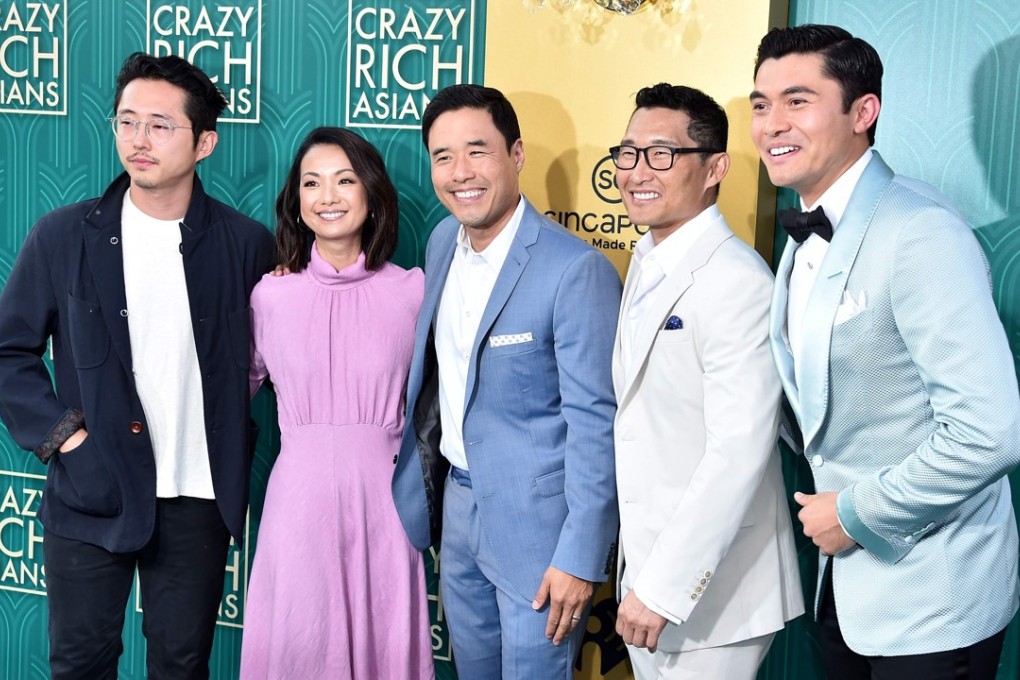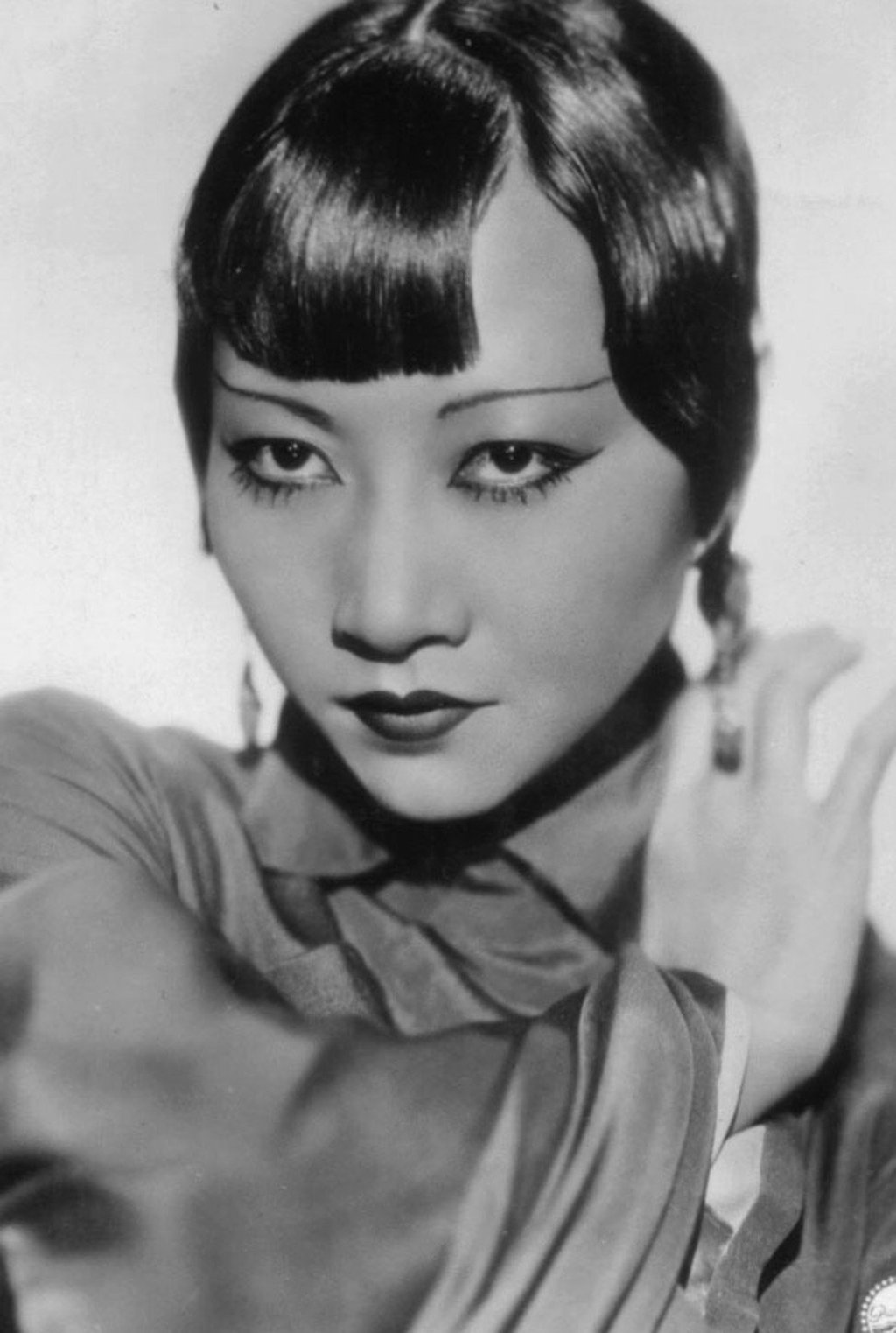First Black Panther, now Crazy Rich Asians: how Hollywood minority voices are going mainstream

Over the past few years, we have grown used to seeing more unfamiliar faces of colour play leading roles on screen. Media reports suggest that Crazy Rich Asians is not just a movie but also part of a movement, and I agree. In spite of the criticism of underrepresentation, I believe that we are witnessing a change in global cinema, in which overlooked minorities are making their voices heard.
After a long wait of 25 years, since The Joy Luck Club in 1993, we finally have another Hollywood movie with a full Asian cast, portraying an Asian-American girl who has a hard time dealing with her boyfriend’s extremely wealthy family. Central to the movie is a set of Chinese values, including filial piety and a family-first policy, a lot of which have to do with Confucianism.

What the movie does do is tell us that it is possible for everyone to be represented in mainstream media, regardless of their race.